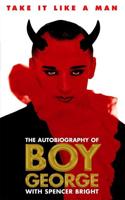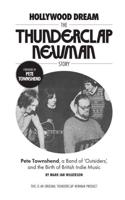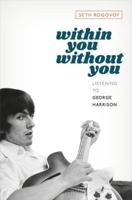Publisher's Synopsis
With his trademark goatee, dark glasses, and hat, Thelonious Monk is an image of coolness. Jazz fans revere Monk for his groundbreaking compositions and piano playing from the 1950s and 1960s, but to a wider audience he stands for something much bigger: the idea of native genius; a quirky, absent-minded, unalloyed originality that is the perfect symbol of the undefinable essence of jazz. The man behind the mystique is now more interesting and edifying, thanks to extraordinary, unprecedented access to Monk's closest friends and family, his private papers, and hours of audiotapes of Monk himself. Monk's musical and cultural education blended together the key strands of African-American music traditions: from church hymns, to ecstatic stomping and call-and-response, to the blues. When he put it together with the Kansas City and New York dancehall music of swing, he reached a cultural apex unlike anyone before or after him. A husband and father, Monk moved in with an aristocratic Dutch hipster known as ‘the Jazz Baroness,' a key, strange patron of modern jazz. He continued to compose subtle, deceptively simple-sounding classics, while descending into depression and erratic behaviour. A once-energetic, joking, handsome young man grew into a tortured artist, and the Monk mystique took hold. Now Kelly reveals that this talented musician was in fact a much more complex and interesting figure than his image would suggest. A fascinating biography, not just for Monk and jazz fans, but for those interested in the fragile spirit of human nature. Robin DG Kelley is a professor of history, American studies and ethnicity. He has spent most of his career exploring African American culture, on which he's written several books, including on jazz and hop-hop.








